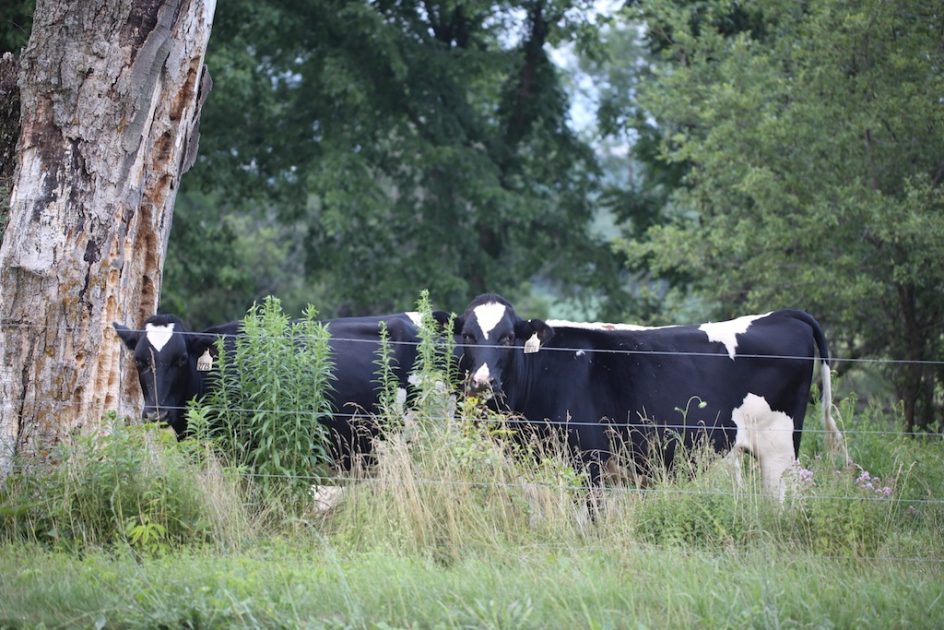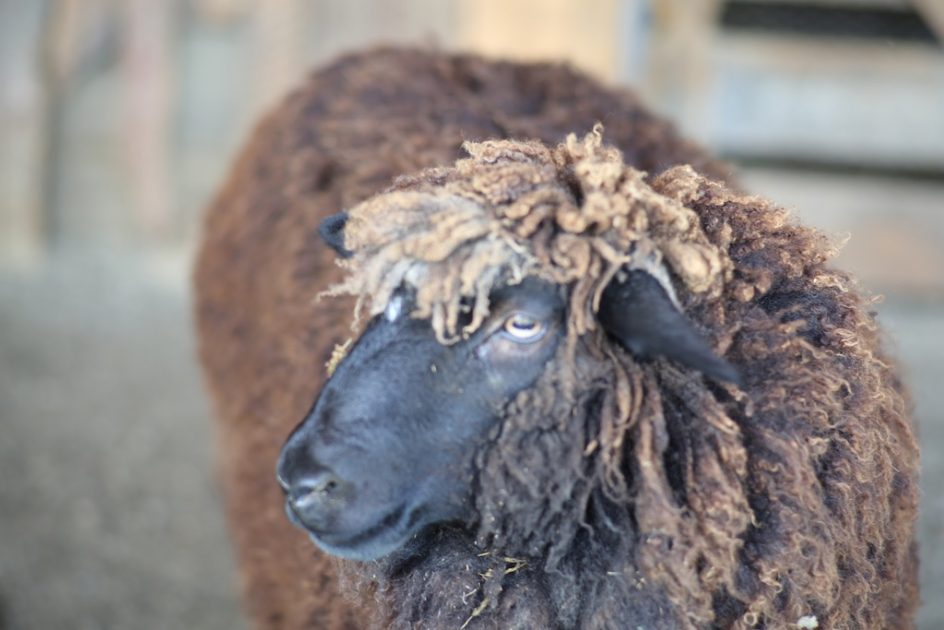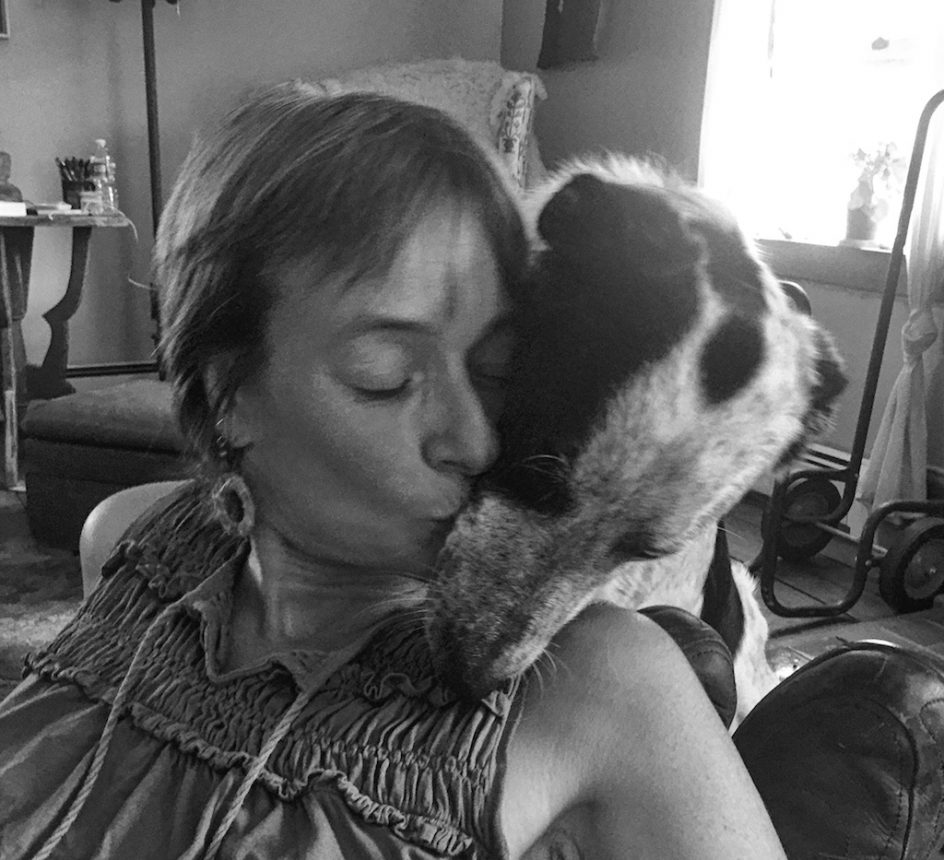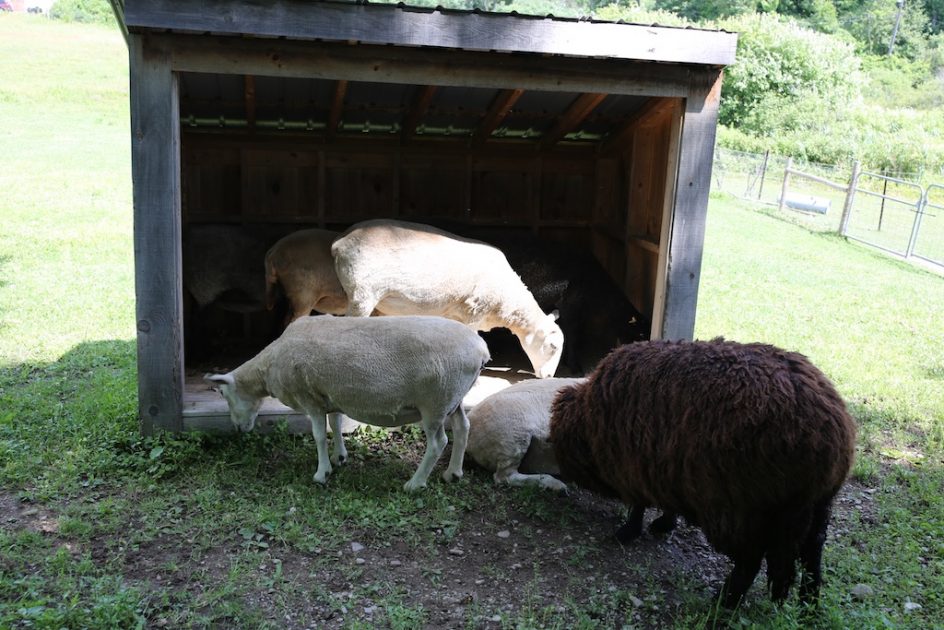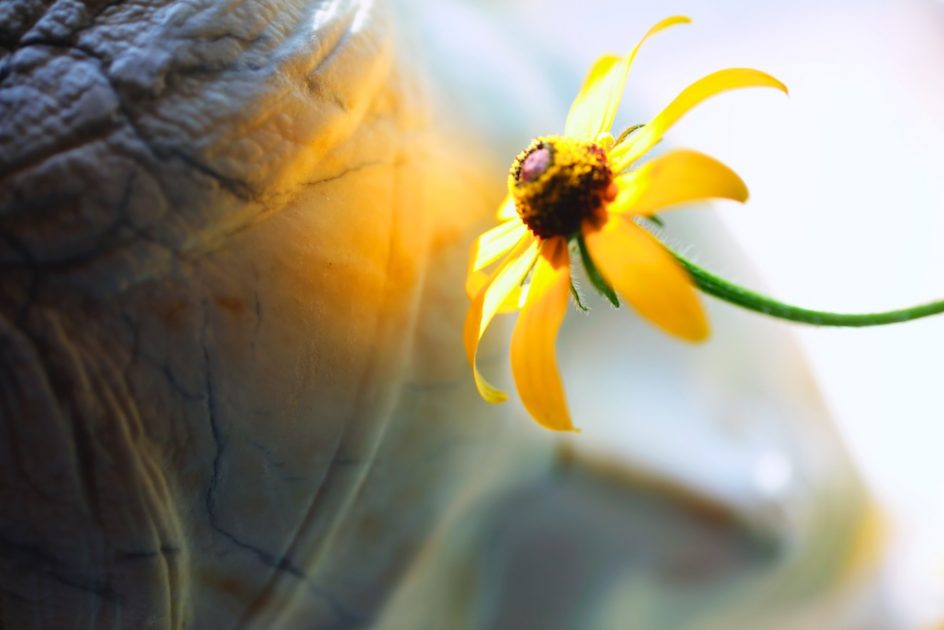
Pioneer: a person who is among those who first come to settle a region, thus opening it for occupation or development by others.” – Merriam-Webster Dictionary.
This morning, a good and valued friend, a book editor, e-mailed me and told me I was a “pioneer.” I was shocked, I thought about it all day and asked Maria at diner what this meant. “You are a pioneer,” she said,”look at how you’ve changed your writing life.” I mumbled something back.
Am I helping to settle a new region, opening it up for occupation by others. Yes, I suppose in some ways I am, at least I am trying.
When I was eight, I decided I wanted to be a writer. When I was ten, I had a letter to the editor published in the Providence Journal. When I saw my name on top of the letter, my path was clear. I promised myself that I would be a writer. And I’ve been a writer all of my life, if you count being a journalist for more than a decade. Since then, a book writer – 39 books.
Now, at 68, I am still a writer, I kept my dream and my promise to myself. How wonderful to be able to say my work is my calling.
I have never become a great writer, I am no Updike or Marquez. Some days I am a good writer, some days not as good. But I have loved every minute of my life as a writer, and have never for one second wanted to do anything else. I believe I am getting better all the time, writers age well, all they have to do is sit on their behinds.
A generation ago, I would be set at this point, cranking out a bunch more books, living on my royalty checks, skirting the country on book tours, lunching at tony Manhattan restaurants with my agent or editors, waiting for my somewhat predictable and often nice reviews in the New York Times or Time Magazine.
Getting a new contract took about five minutes, I called my editor and told him (sometimes her) what book I wished to write, and he or she quibbled about a few elements and then I went to work. My book tours were lush and busy – interviews, limousines, four-star hotels.
Don’t bother to send a proposal, my editor would say, just write up a few paragraphs for our files and fax or e-mail it.
We all understand that those days are gone. For most of you, for me.
In 2007, sensing the Tsunami rushing towards publishing, I started my blog.
I don’t know why, really, I had this instinct about it. More than 20,000 posts later, I see I made the right choice. When publishing collapsed as I knew it, my blog grew. I got to write every day, often more than once, and I got to write whatever I wanted to write – no editors, marketers, proofreaders, reviewers. I love writing for my blog, I love putting up my photos. It is a joy for me, ever day, it is never work or tiresome.
As the publishing world shrank, the blog universe grew. For a year or so, I thought I was over. I thought I was above the fray, I was a five-time New York Times Bestseller, I didn’t know that didn’t meant a thing any longer. They came for them, they came for me.
My long-time editor got laid off, his successors mostly ignored me or quit, my books were largely abandoned. They went through the motions of publishing my last few books, but had lost interest. They didn’t even bother with book tours, I had to arrange them myself. At the end, I hadn’t spoken to an editor for two years.
It was a rough time for me, I saw the dream of a lifetime going up in smoke. So many writers just vanished. Why would I be different?
But it was different, I think it was the blog who saved me, and Maria, who encouraged me and persuaded me I wasn’t quite done.
My blog saved my sanity, a way for me to write, keep writing, be read. I don’t know if I could have survived if I couldn’t write. For awhile, I couldn’t. My only other dream was to find love, and for awhile, I had replaced one dream with another.
I was fortunate. A good agent found a good editor who believes strongly in my work, and was eager to publish my books. I kept my life as a book writer, although it was different. That world had been shattered by e-books and the Great Recession, taken over by giant corporations and marketers.
I am not naive, I knew it could never be the same. But I also wondered if I could pave the way for a new kind of writing, one that combined both worlds, that embraced the interactive world, was more informal and spontaneous – and authentic – and that still included the written word. It was a new way to write, and a new way to make a living at it. There were no more royalty checks or big advances.
My creativity came more and more to center on my blog. It kept taking up a larger space in my head, in my life. I was sort of made for that form of writing, free and spontaneous and largely uncensored.
Maria came into my life, and she the farm became a huge part of my work and life, so has my photography, which has developed far beyond my expectations.
My blog gets more than four million visits a year and hundreds of thousands of individual users come to it. Some good people even help pay for it by supporting my work, something I never once imagined when I started it.
Today, I find myself in a bit of an identity crisis. I have a book coming out in May of 2017 – Talking To Animals – and a proposal for another one sitting in my editor’s desk drawer. It has been there awhile, another new reality of publishing. Once again, I am waiting for the approval of someone else, and someone else’s marketers – for approval, to write what I want to write. I confess I am no longer really used to that.
As much as I love writing books, I find myself struggling sometimes to figure out what kind of writer I am now. Am I a book writer? Or, as my friend suggests, a new kind of writer, a pioneer, exploring the roiling new universe of the Internet, a writer free to be informal, interactive, authentic. Free even to misspell words in my rush. A writer who talks with his readers every day, in many different ways.
I need ask no one for permission to do anything here. And no one can – or does – tell me what to write, or when to publish it.
Every day I write and do things I was always forbidden to do, told no one would want to read, so much of my writing was edited and smoothed and altered. It takes years to publish a book, minutes to write on my blog. It takes years to know if a book is good, minutes to find out on the blog if something I wrote connected with people or not.
The blog has taught me how to be authentic, and that being authentic can work. People who read me online every day know truth.
I love writing books, but do I really want to do another one, and go through what now seems a grueling and sometimes joyless process, for them and for me? It is so much about money and marketing. What kind of writer am I now? I’m not sure.
I only attended one writing workshop in my life, it was taught by my writing inspiration and sometime literary hero, John Updike, it was held in Massachusetts.
“What kind of writer do you want to be?,” he asked me. I mumbled something, tongue-tied.
“What kind of writer do you want to be?,” a braver student than me asked Updike.
“A good writer,” he said without hesitating. “A writer who writes.”
Updike was fading at that point, he told us about coming into his favorite bookstore, the one in Harvard Square and finding, for the first time in his adult life, than none of his books were there on the shelves any longer. He was still brilliant but people had stopped reading him. Life is like that, no one stays up at the top forever, people move on.
The old and new readers of Updike had moved on. I could see this was painful for him, but he was struggling to accept it, and with grace.
Today, thinking about whether I was in fact a pioneer or not, I thought of Updike, and wished he had lived long enough to start his own kind of blog – thoughtful, honest, funny, sometimes uplifting, sometimes heartbreaking – just like his books. His poetry was amazing, so were his short stories. He would have been a sensation online, he was a witty and piercing observer of life.
He would have loved the freedom and range of the blog, he would have loved sticking his fingers in the eyes of the literary snobs and traditionalists.
I do not have his gifts for sure, and that is truth, not false modesty, but his final words to me in the workshop have been embedded in my consciousness, I am grateful to have met him shortly before his death.
“If you are writer,” he said that day, “then you write. Every day, about everything, in any form you can. You should be relentless and authentic and brave about opening yourself up to the world, because everything you write is really about you and your life, no matter how you might dress it up. Keep writing. They can pay you or publish you or sell your books or trash what you write, or read you or not, but no one can stop you from writing but you. So keep writing, right up to the end. It doesn’t matter whether you write books or scribble in the sand. If you are writer, you write. Keep writing.”
So I will. That is my identity, not my crisis, and I am lucky to have it.
I have to think more about this pioneer thing, I can’t help but think of Daniel Boone and the homesteaders. It doesn’t really matter if I write in a book or on a blog. What matters is that I keep writing. And if I have made it possible for someone else to do the same and occupy this strange new territory, even better.

